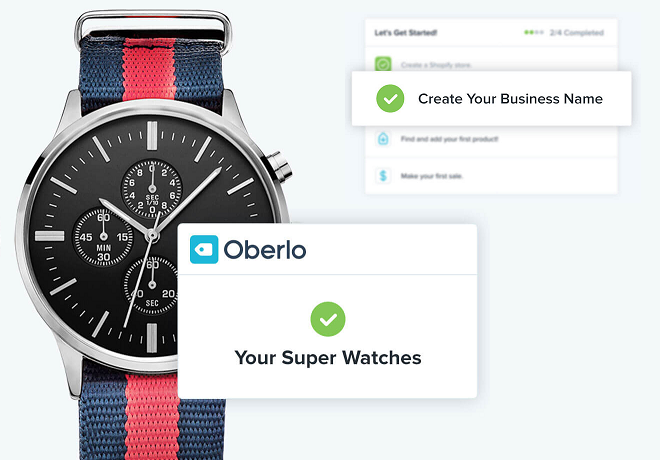Are you starting a sole proprietorship soon? Before you get your business started, you’ll need to take care of multiple legal formalities. This includes getting permits and licenses to run your business.
However, the good part is that it’s easier to establish a sole proprietorship compared to other business entities. In this post, let’s talk about things you should know before starting a sole proprietorship.
Starting a Sole Proprietorship: A Step-by-Step Guide for Entrepreneurs
Sole proprietorships are one of the most common business structures because they are easy to establish. You also get full decision-making authority and get complete control over the revenue. It is also easier to file taxes for a sole proprietorship.
However, you are personally responsible for the company’s debt and liabilities. That makes it a riskier alternative compared to other entity types.
Before you take the plunge, make sure you understand the pros and cons of starting a sole proprietorship. If you are sure a sole proprietorship is the best option for your business, here are the steps you need to take to establish one:
Pick a Suitable Business Name
The process of starting a sole proprietorship begins with picking a suitable name for your business. Ideally, the name that you choose should not be used by any other business. Your aim should be to pick a name that is easy to remember, brandable, and unique.
To check if your chosen name has been trademarked or not, you can check the United States Patent and Trademark Office (USPTO) website. If there isn’t one already, you should file for a trademark there for the name you finally pick.
In addition to this, you should also pick a name for which a relevant domain name is available. At a later stage, it can come in handy to promote your business.
Register Your DBA
In a sole proprietorship, your personal name will be your legal business name. However, you can also run your sole proprietorship with a different business name. You can get your business registered under a fictitious name called “doing business as” (DBA).
Also, you may need to keep your business and personal funds separate from each other. When you want to open a business bank account, you may be required to have a DBA.
You will also need to publish your DBA name publicly and provide some proof of that publication to the local government directly.
This kind of paperwork can be confusing to deal with. To expedite the entire application process for starting a sole proprietorship, you can reach out to GovDocFiling. Without any extra expenses, they will ensure that your paperwork is done in a hassle-free manner.
Get Your Business License
All sole proprietorships need to get business licenses to establish themselves legally. Depending on where your sole proprietorship is situated, you may be required to get different licenses.
Make sure you check the local laws regarding business licenses for sole proprietorships. If you do not have the required business licenses for conducting business in your state, you may end up paying heavy fines.
Also, when you open a business bank account, you will be required to provide a business license.
Apply For an Employer Identification Number (EIN)
If you are operating on your own, your sole proprietorship may not need an EIN. Even without it, you will be able to run your business. You can file all taxes under your personal social security number.
If you plan to hire employees, the scenario changes. In that case, you should apply for a federal employer identification number (EIN). You can apply for it for free online from the IRS website.
Open a Separate Bank Account For Your Business
When you’re starting a sole proprietorship, you should make sure that all your business transactions stay separate from your personal expenses. For this, you should open a separate business bank account.
If there is an audit, it becomes simpler to check business income and expenses with a separate business bank account. Doing so helps you build a good credit history which is very important to secure business loans.
Additionally, a separate business bank account ensures that your customers can pay you via a credit card and with checks that are payable to your business.
To open your business bank account, you will need to provide details including local business license, EIN or Social Security Number, copy of the name filing document, and others.
Buy Multiple Insurance Plans
One of the biggest disadvantages of starting a sole proprietorship is that you are liable for the company’s debts and loans. To protect your personal savings, it is important for you to buy adequate insurance.
In addition to property insurance, you should also buy health coverage, disability coverage, liability coverage, auto insurance, and other types of insurance. It can be expensive to spend money on buying these different kinds of insurance.
However, they are necessary because they protect your business in the long term from setbacks. It is an expense that is necessary to secure your savings.
Conclusion
Compared to all the other business entities, sole proprietorships are easier to form. While the formalities are comparatively easier, you should know what is required before starting a sole proprietorship.
First, you should pick a unique business name and get it trademarked. Next, you should register your DBA and get relevant business licenses. In addition to this, you should apply for your EIN and open a separate bank account for your sole proprietorship.
To protect yourself from liabilities, it is also important to buy multiple insurance plans. They may seem expensive but you need them to secure your future. Get adequate insurance to protect your business against any future setbacks.
Are you ready to start your sole proprietorship?
Got any questions about starting a sole proprietorship? Please feel free to mention them in the comments section.
Brett Shapiro is a co-owner of GovDocFiling. He had an entrepreneurial spirit since he was young. He started GovDocFiling, a simple resource center that takes care of the mundane, yet critical, formation documentation for any new business entity.




